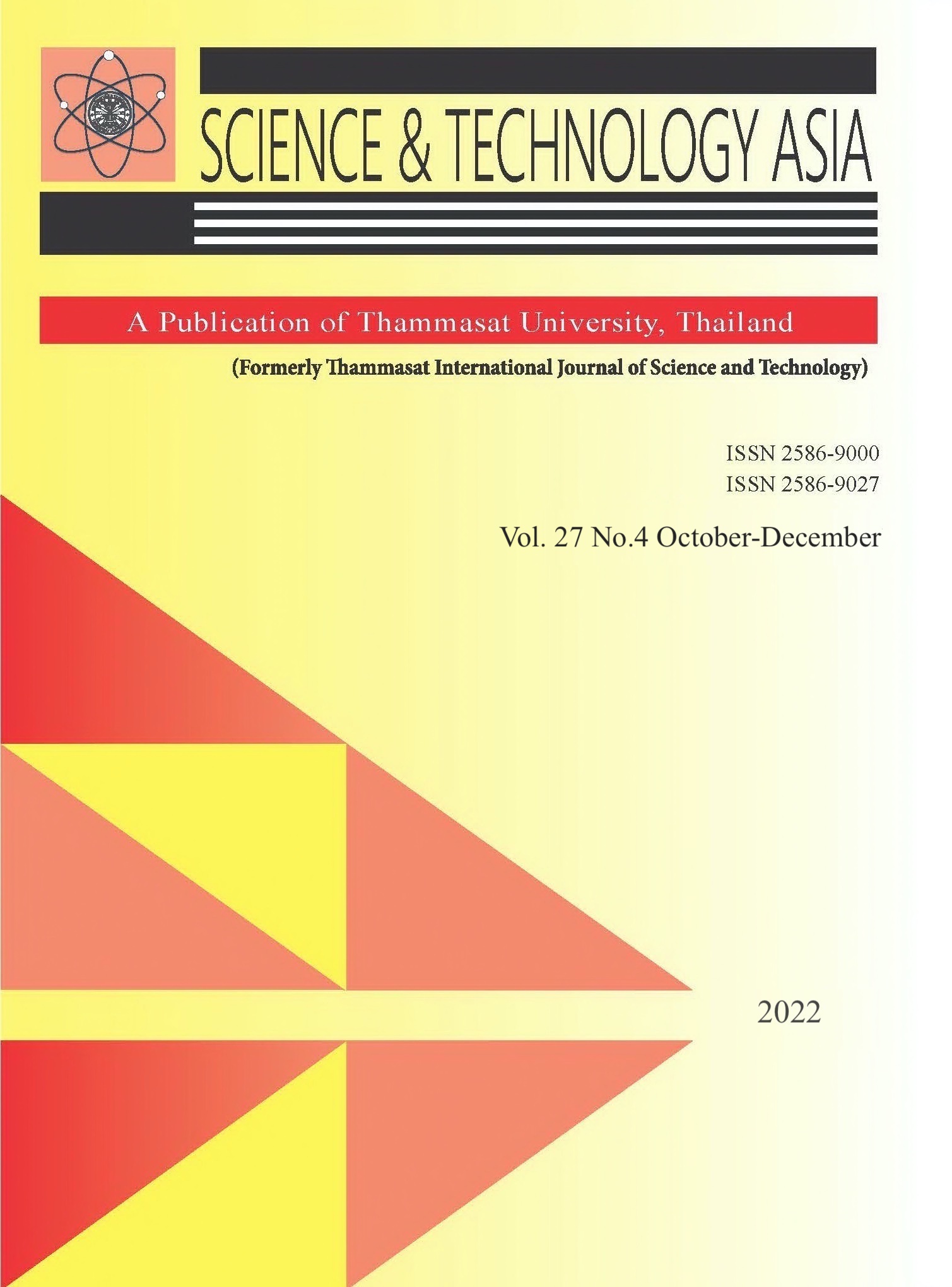Effect of CO2 Laser on the Vaginal Epithelium in Menopausal Women
Main Article Content
Abstract
Vulvovaginal atrophy, caused by a decrease in estrogen, is a problem that affects the quality of life of menopausal women. CO2 laser treatment is a treatment option that can address this problem. Many qualitative studies show significant efficacy without any serious side effects. There are some small histochemical studies that have observed the impacts of CO2 laser treatment on vaginal mucosa. The present study aimed to confirm the validity these histochemical findings by using a larger sample size. Menopausal women with pelvic organ prolapse (POP) that required treatment by surgery were recruited and treated with a CO2 laser for one episode. Then, 1 month after laser treatment, the women would proceed with their scheduled POP- correction surgery, during which 2 pieces of posterior vaginal tissue were excised and sent for histochemical microscopic examination. The thickness of the epithelial cell layer and number of cell rows were each significantly higher in laser-treated tissue when compared with non -laser-treated tissue. Additionally, the degree of superficial cell desquamation in the laser-treated tissue was significantly higher as well. The histochemical microscopic exam involved PAS staining to observe intracellular polysaccharides such as glycogen and collagen. Test results showed a significantly thicker layer of glycogen-containing cells in the laser-treated tissue when compared with non-laser -treated tissue. In conclusion, CO2 laser treatment has a positive impact on vaginal epithelial cells and the intracellular matrix, which can help restore atrophic vaginal mucosa in menopausal women.
Article Details

This work is licensed under a Creative Commons Attribution-NonCommercial-NoDerivatives 4.0 International License.


